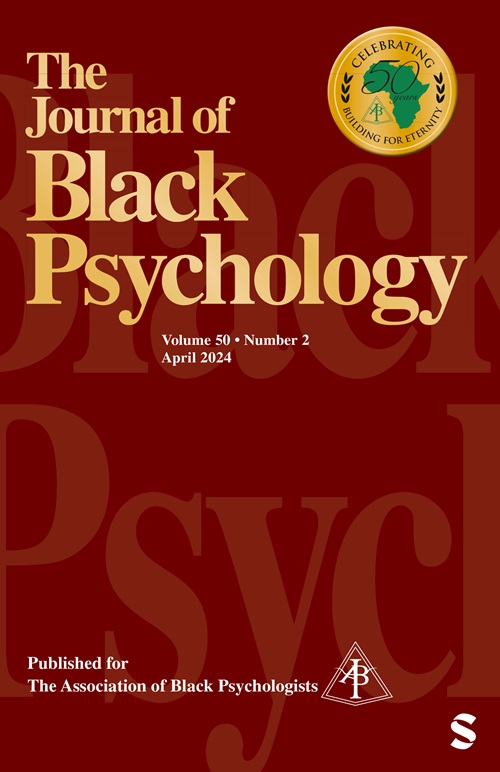黑人女同性恋、男同性恋、双性恋、跨性别者、酷儿或质疑年轻人的跨部门行动主义:群体内部边缘化、身份和社区的角色
IF 2.2
3区 心理学
Q2 PSYCHOLOGY, MULTIDISCIPLINARY
引用次数: 0
摘要
围绕积极发展的行动主义重要性的研究主要集中在单一身份上,而忽略了种族和性取向相互交叉影响年轻人所倡导的社区的方式。目前的研究评估了黑人女同性恋、男同性恋、双性恋、变性人和酷儿或质疑(LGBTQ)年轻人的歧视、身份和社区经历如何预测他们参与交叉行动主义(例如,有色人种LGBTQ社区的行动主义)。我们从社会正义性项目中选取了216名黑人LGBTQ年轻人作为样本,使用层次线性回归来检验群体内部边缘化、身份、社区参与和交叉行动主义之间的关系。虽然这三种结构都解释了交叉行动主义的显著差异,但只有LGBTQ社区内的种族边缘化和有色人种LGBTQ社区的参与与交叉行动主义呈正相关。这些发现表明,群体内部边缘化的经历以及与以种族和性取向为中心的社区的联系,可能对培养黑人LGBTQ年轻人的行动主义很重要。本文章由计算机程序翻译,如有差异,请以英文原文为准。
Intersectional Activism Among Black Lesbian, Gay, Bisexual, Transgender, and Queer or Questioning Young Adults: The Roles of Intragroup Marginalization, Identity, and Community
Research around the importance of activism for positive development has been primarily focused on a single identity, missing the ways in which race and sexual orientation intersect to influence the communities young adults advocate for. The current study assesses how Black lesbian, gay, bisexual, transgender, and queer or questioning (LGBTQ) young adults’ experiences of discrimination, identity, and community predict involvement in intersectional activism (e.g., activism for LGBTQ communities of color). With a sample of 216 Black LGBTQ young adults from the Social Justice Sexuality project, we used hierarchical linear regression to examine relationships between intragroup marginalization, identity, community involvement, and intersectional activism. While all three constructs explained a significant variance in intersectional activism, only racial marginalization within the LGBTQ community and involvement in LGBTQ communities of color were positively associated with intersectional activism. These findings demonstrate that experiences of intragroup marginalization and connection to communities that center both race and sexual orientation may be important in fostering activism among Black LGBTQ young adults.
求助全文
通过发布文献求助,成功后即可免费获取论文全文。
去求助
来源期刊

Journal of Black Psychology
PSYCHOLOGY, MULTIDISCIPLINARY-
CiteScore
8.00
自引率
5.80%
发文量
22
期刊介绍:
The Journal of Black Psychology publishes scholarly contributions within the field of psychology toward the understanding of the experience and behavior of Black populations. This includes reports of empirical research and discussions of the current literature and of original theoretical analyses of data from research studies or programs. Therefore, the Journal publishes work in any of the areas of cognition, personality, social behavior, physiological functioning, child development, education, and clinical application, in addition to empirical research and original theoretical formulations outside traditional boundaries, all integrated by a focus on the domain of Black populations and the objective of scholarly contributions.
 求助内容:
求助内容: 应助结果提醒方式:
应助结果提醒方式:


